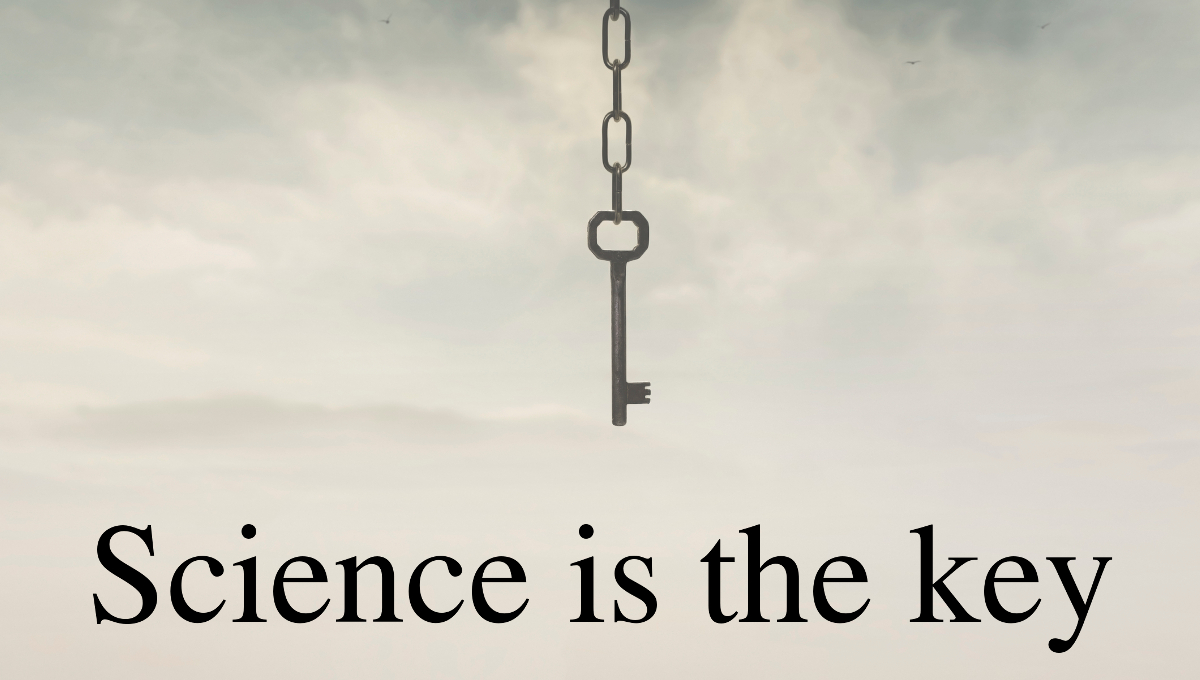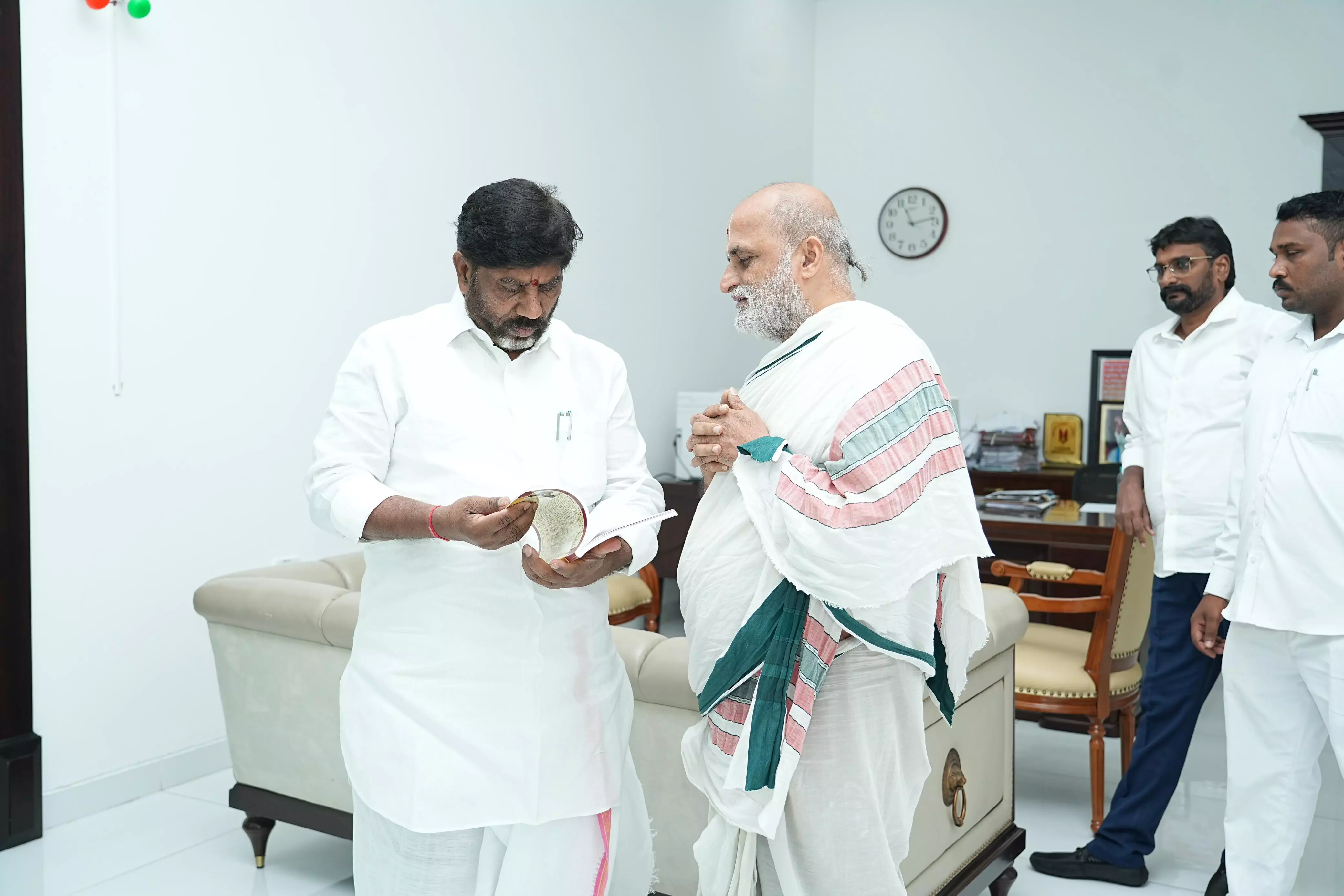— OPINION — By Steve Gibb, MS Science needs a publicist, and badly. How badly? One can only conclude from reading newspapers that false narratives are increasingly considered normal and acceptable. And we’re not talking about selective emphasis here but bald-faced untruths.
Dishonesty is problematic not only because it’s disrespectful and manipulative but because it pollutes discourse with inaccuracies and mistrust. It also leads to unfounded fears and stress. We need facts to navigate and survive and are robbed of this by lies – at a critical moment in our planet’s collective history.

The misinformation and disinformation crisis infecting much public discourse today must be curtailed if we hope to see through the glass darkly. Still respected Science has a history of respect and legitimacy supported by valid data collection methods and the peer review process that could be more effectively leveraged for better outcomes. It is a process that should transcend bias.
Good data that are collected according to sound scientific principles don’t lie. Medicine, our diet and our climate health can all benefit from scientifically rigorous research, including food science. However, publication is often the final step for researchers in this process, not dissemination.
Most research remains on library shelves and in the Cloud, limiting its utility and impact. Taking more steps to mobilize scientific knowledge on beyond appearing in PubMed and peer-reviewed journals makes mo.























